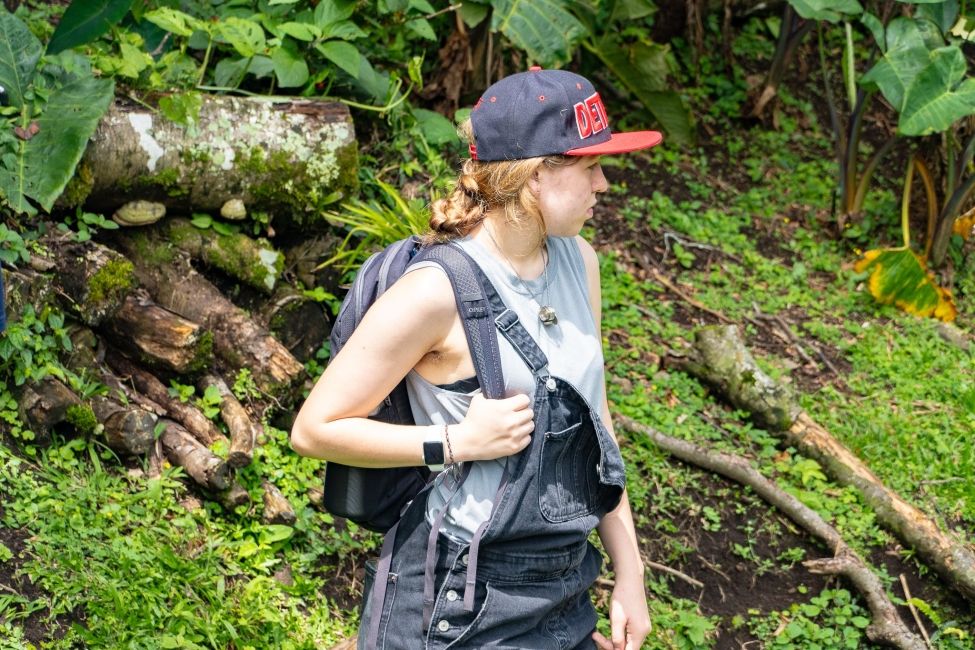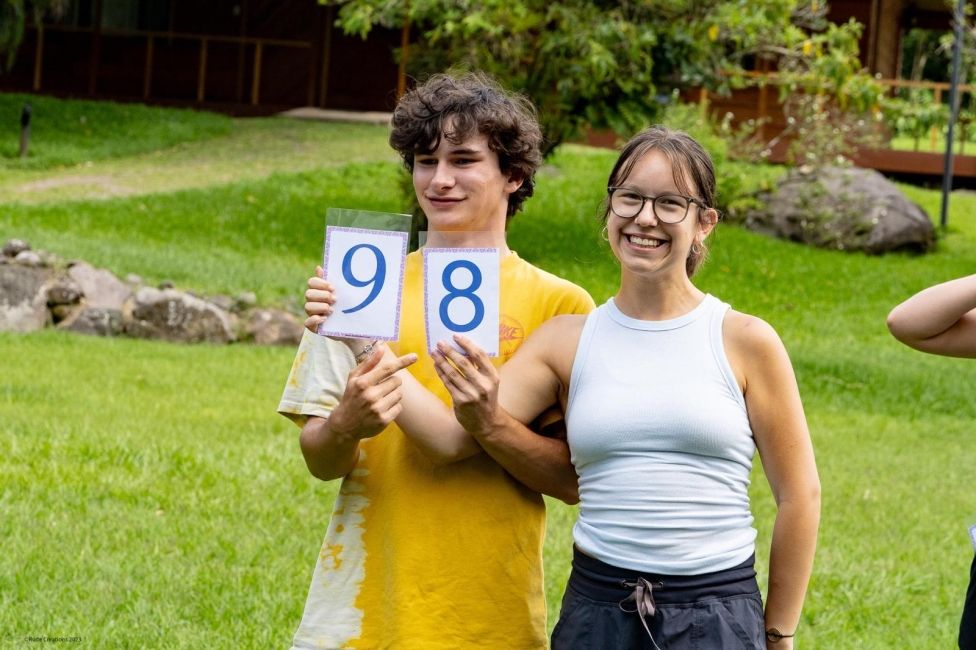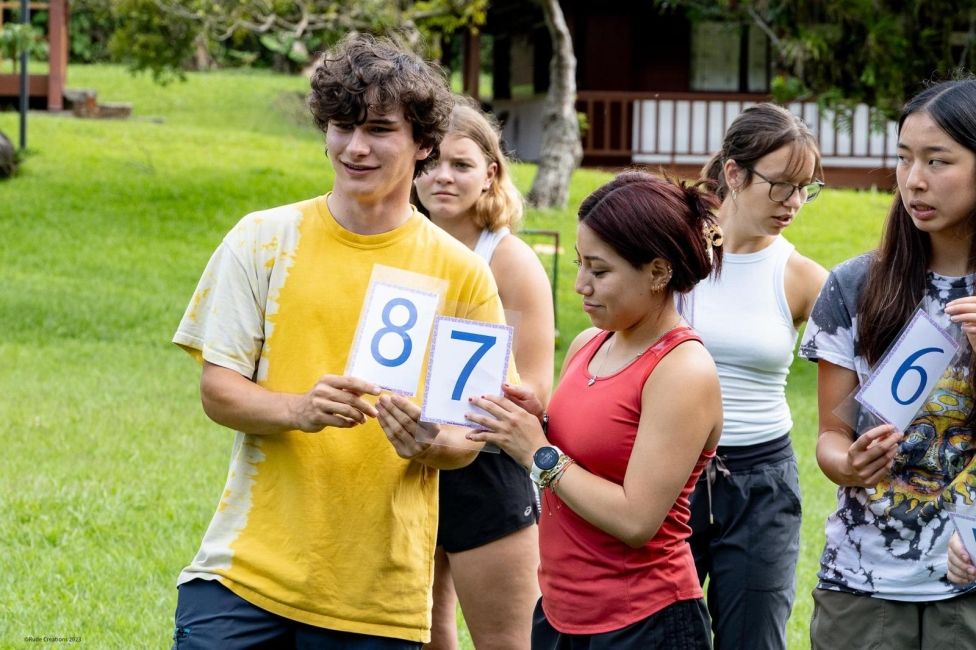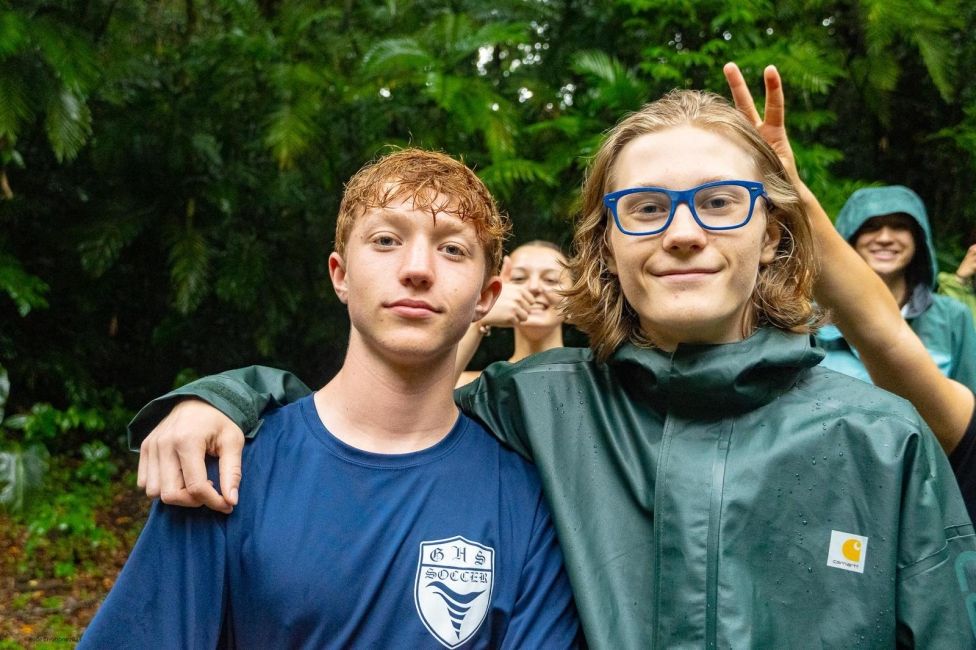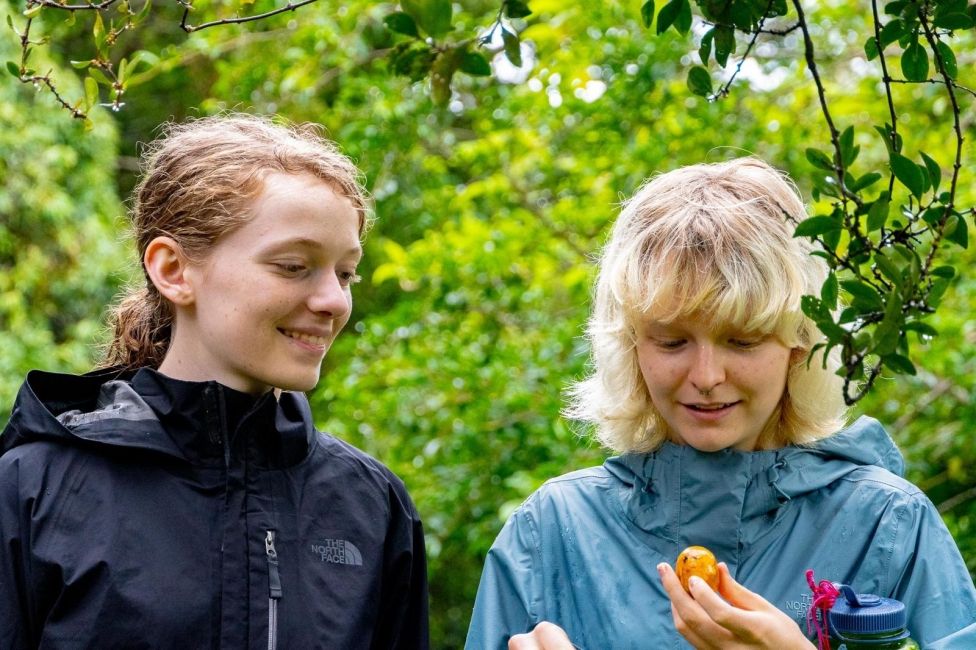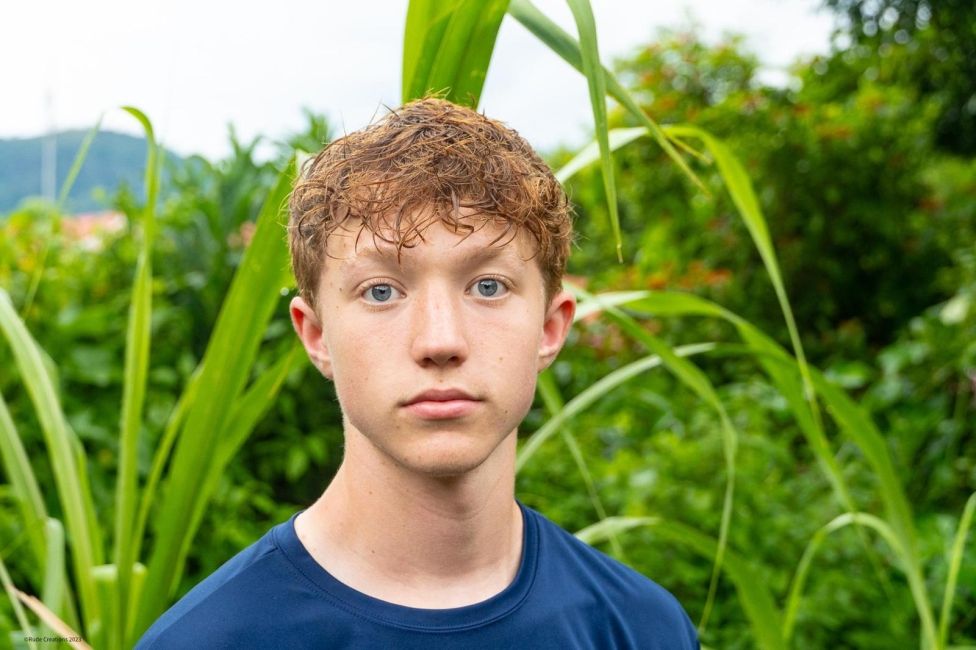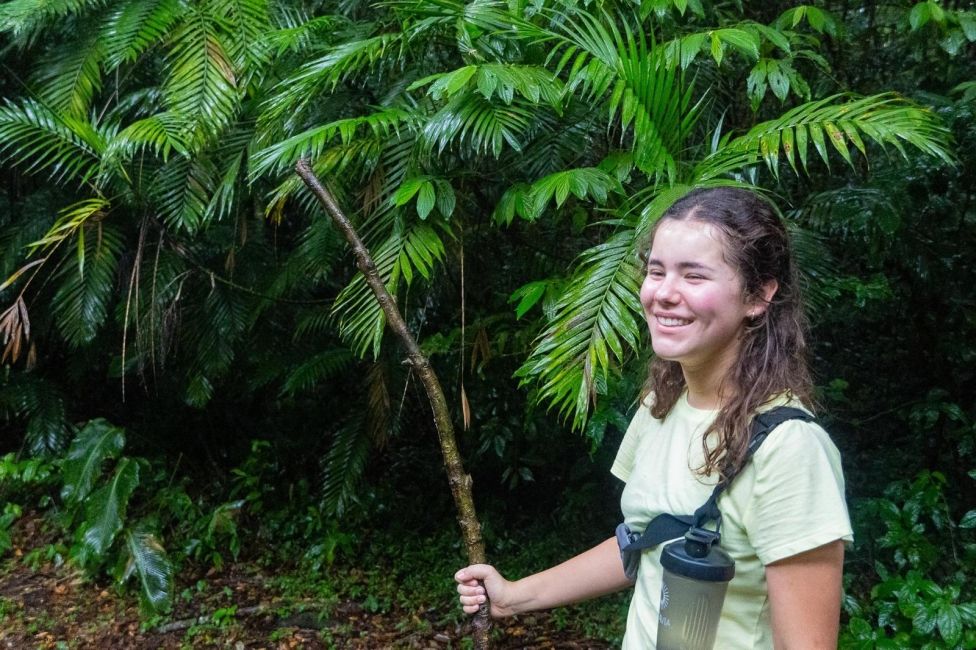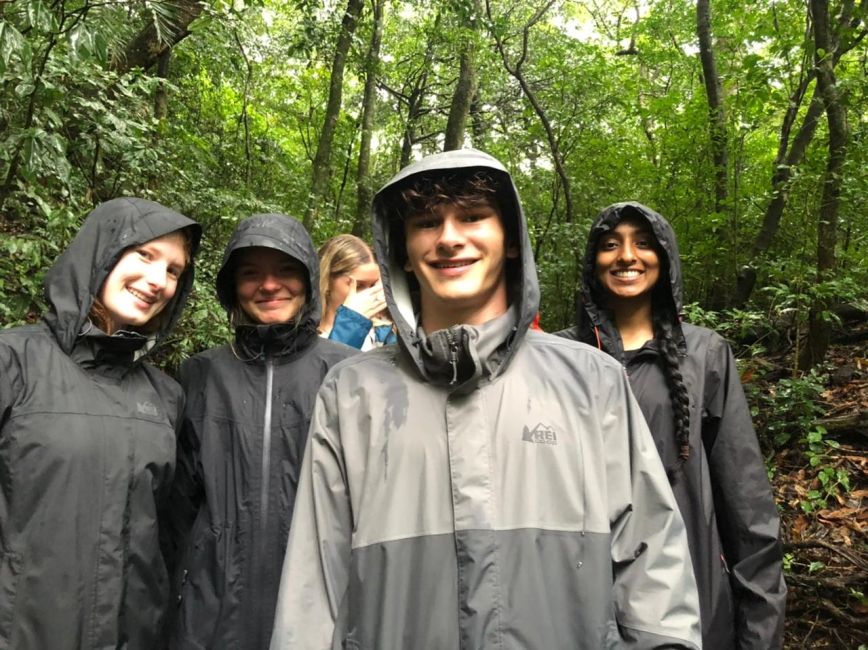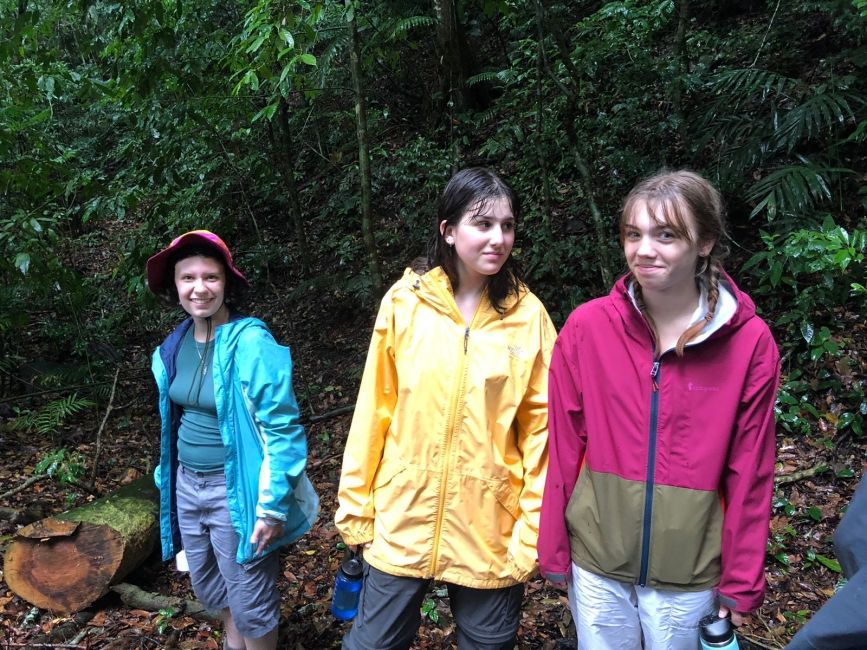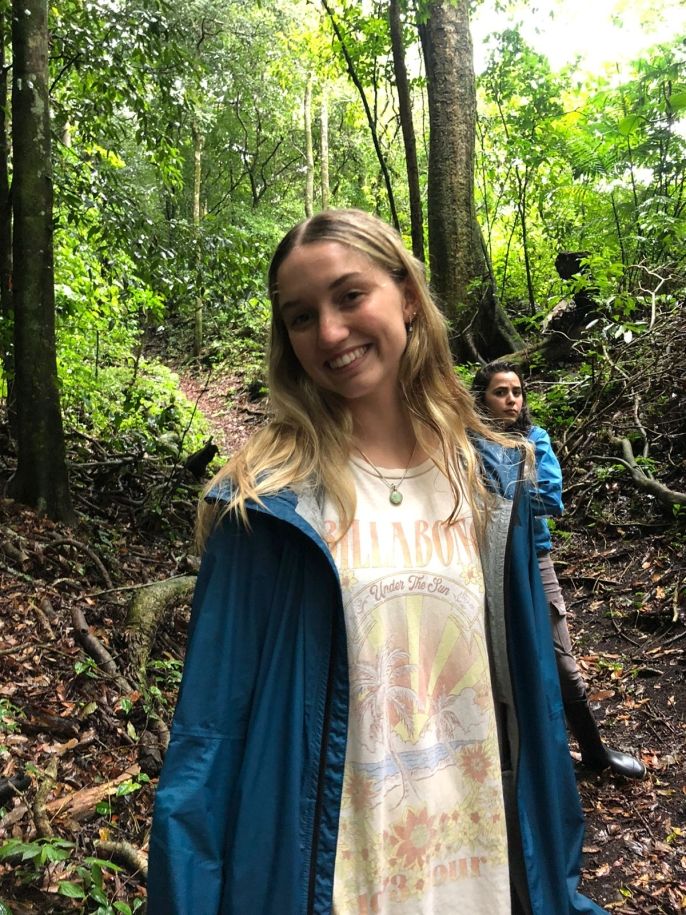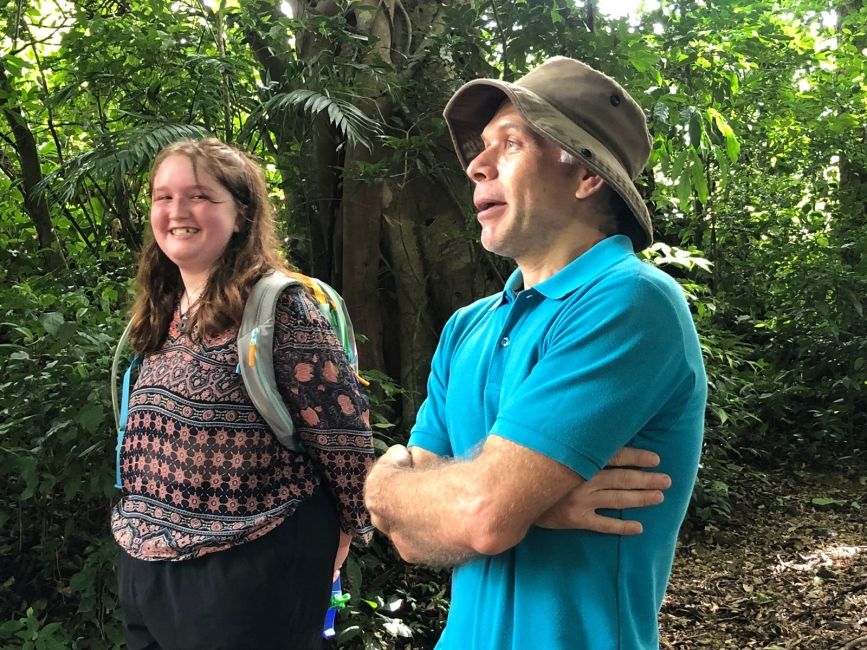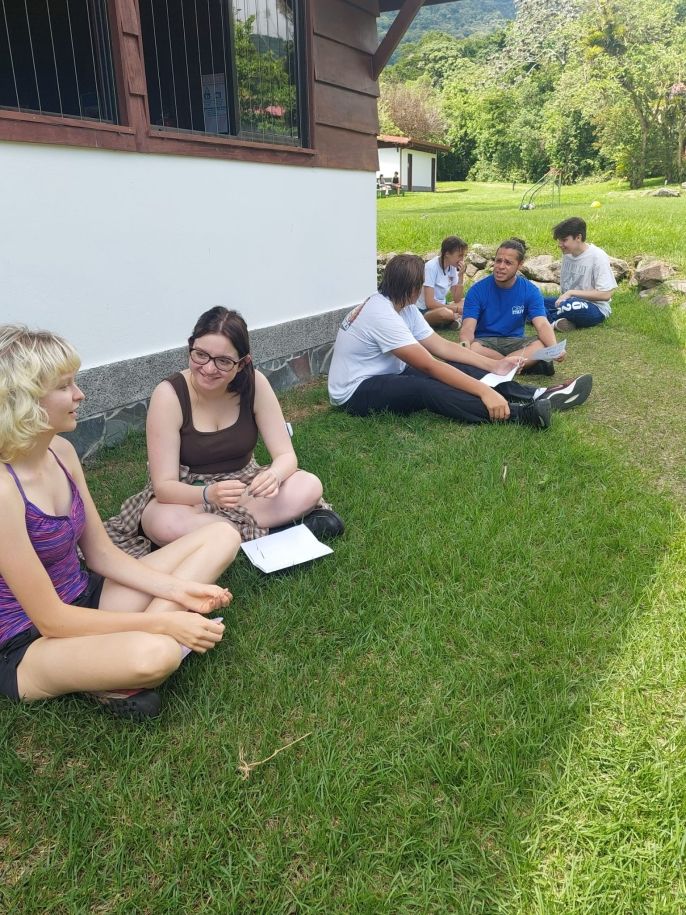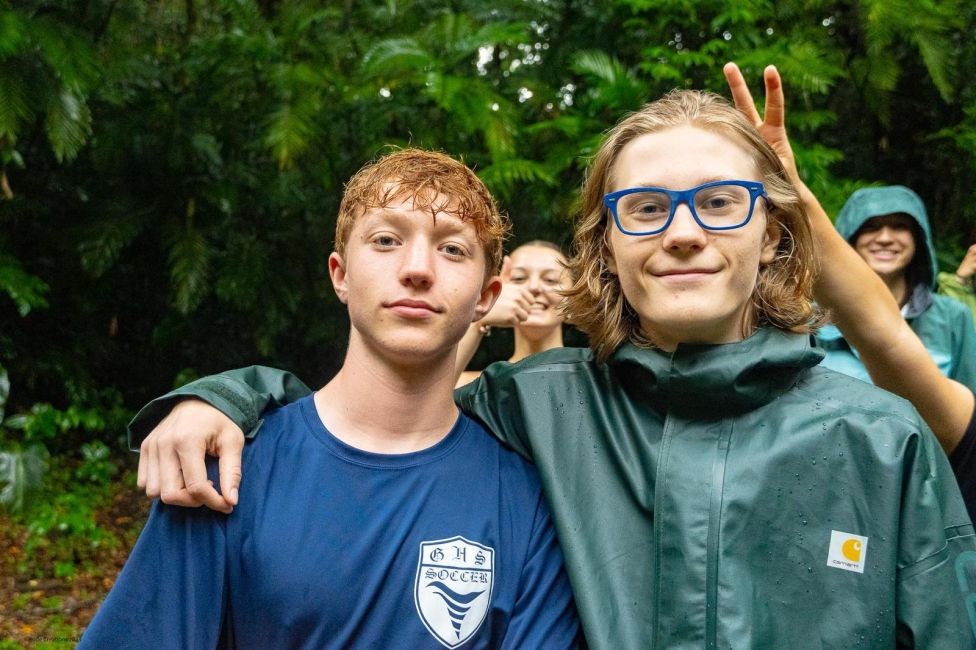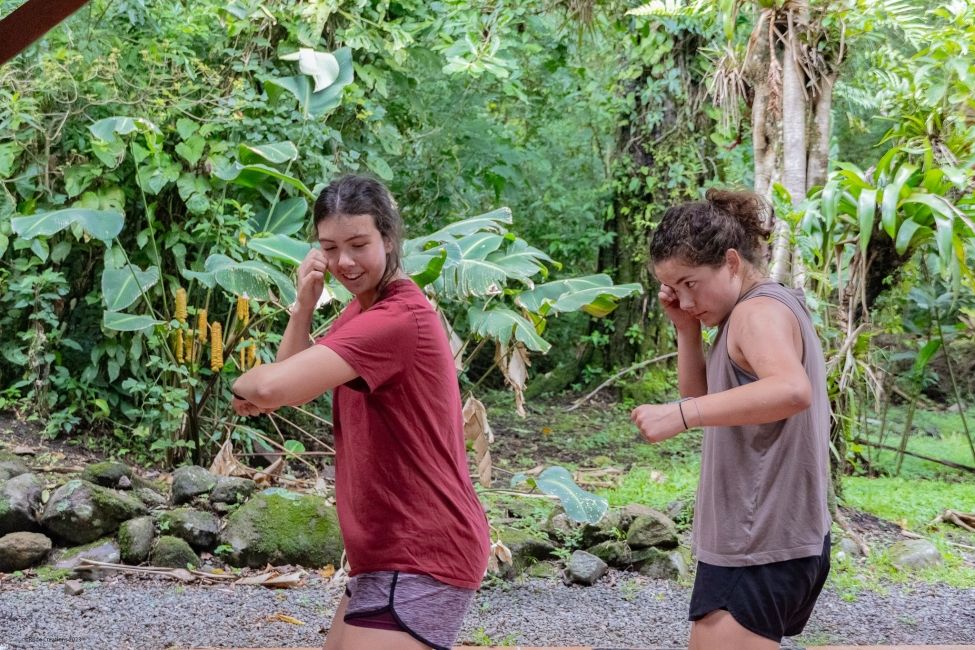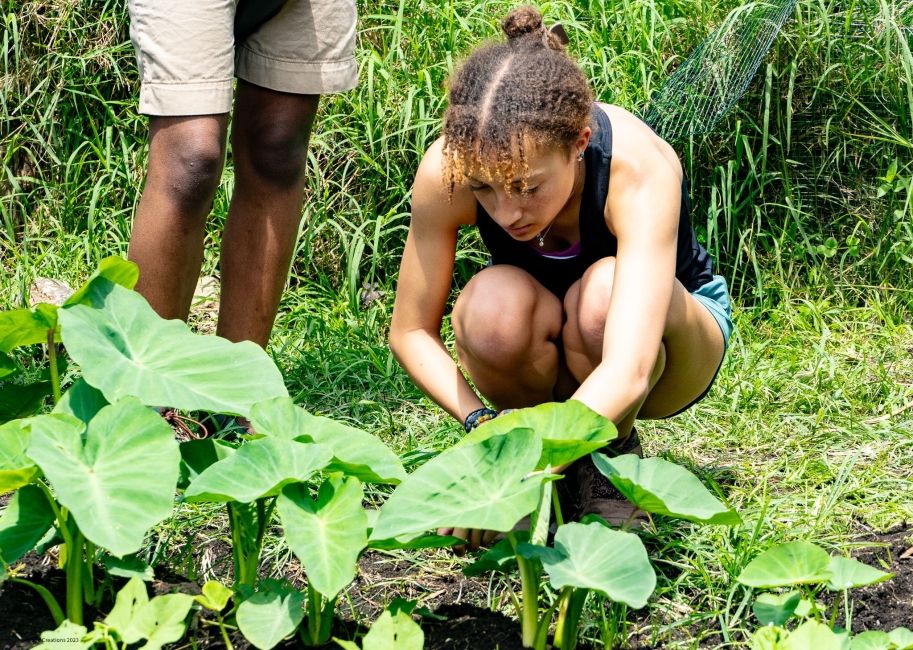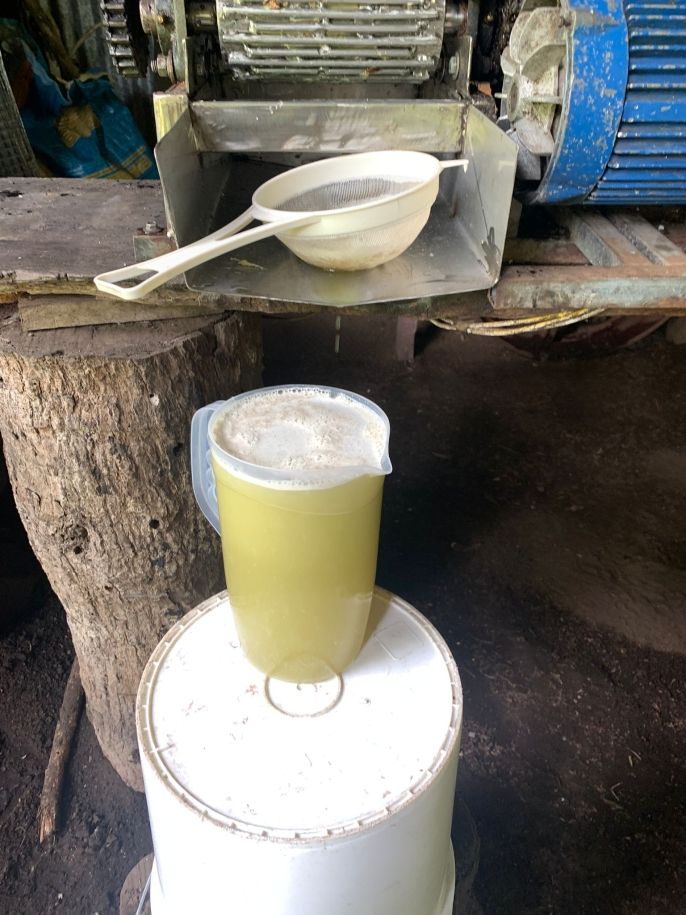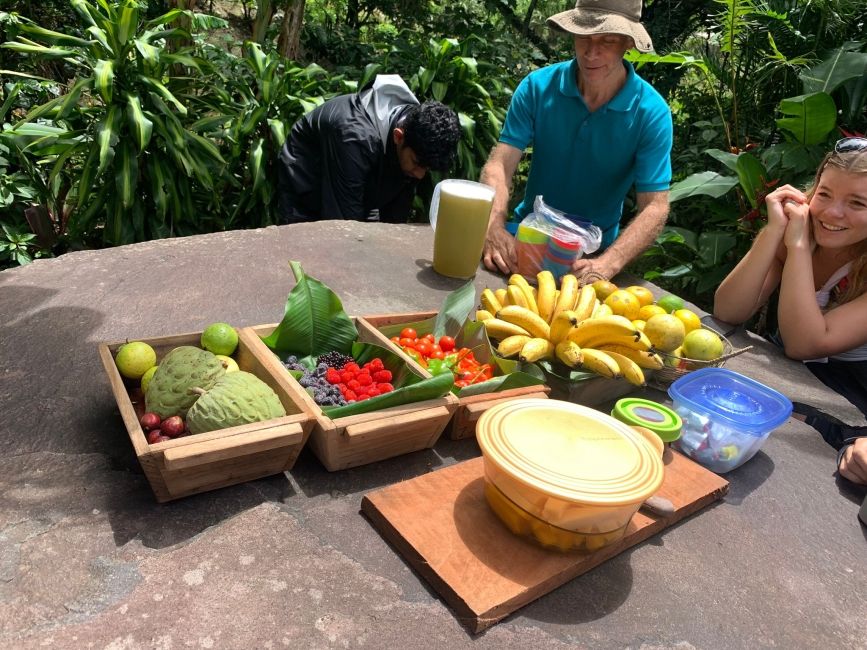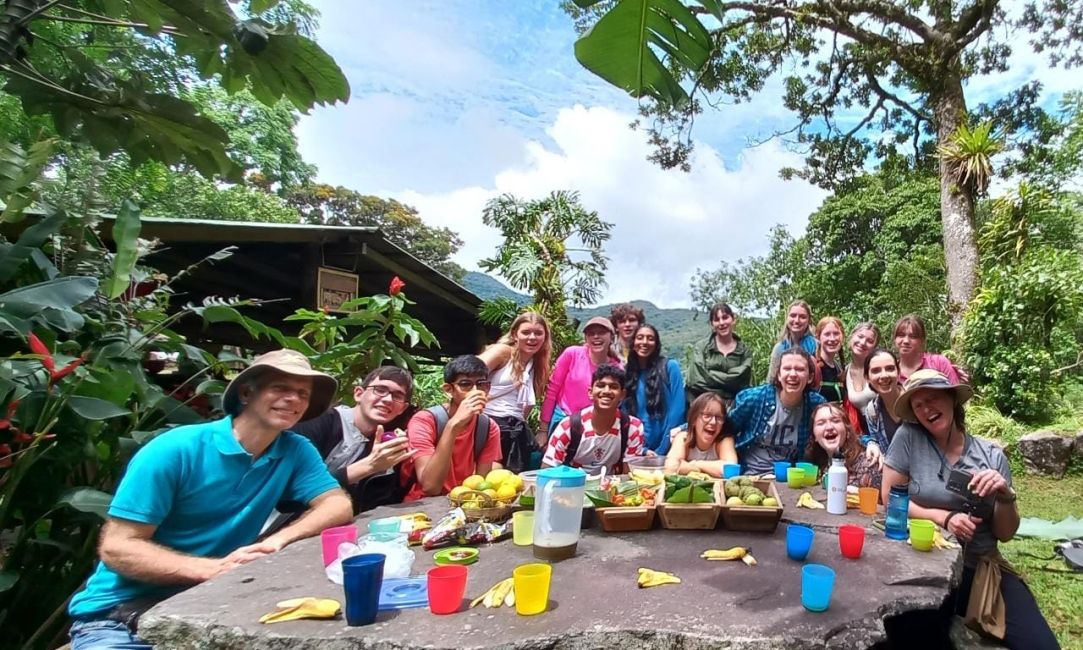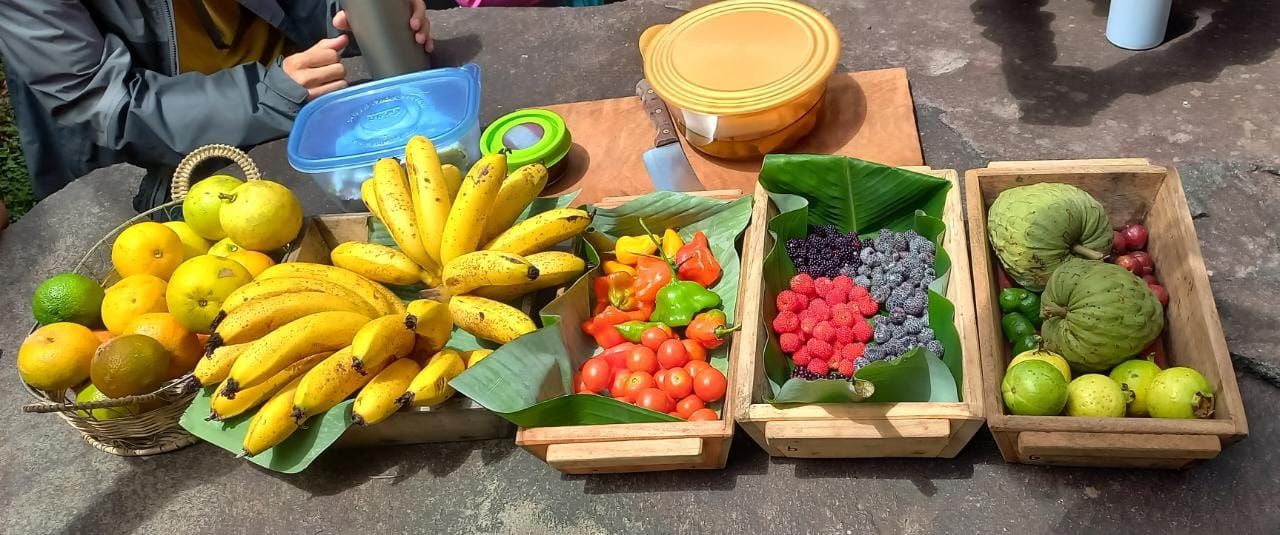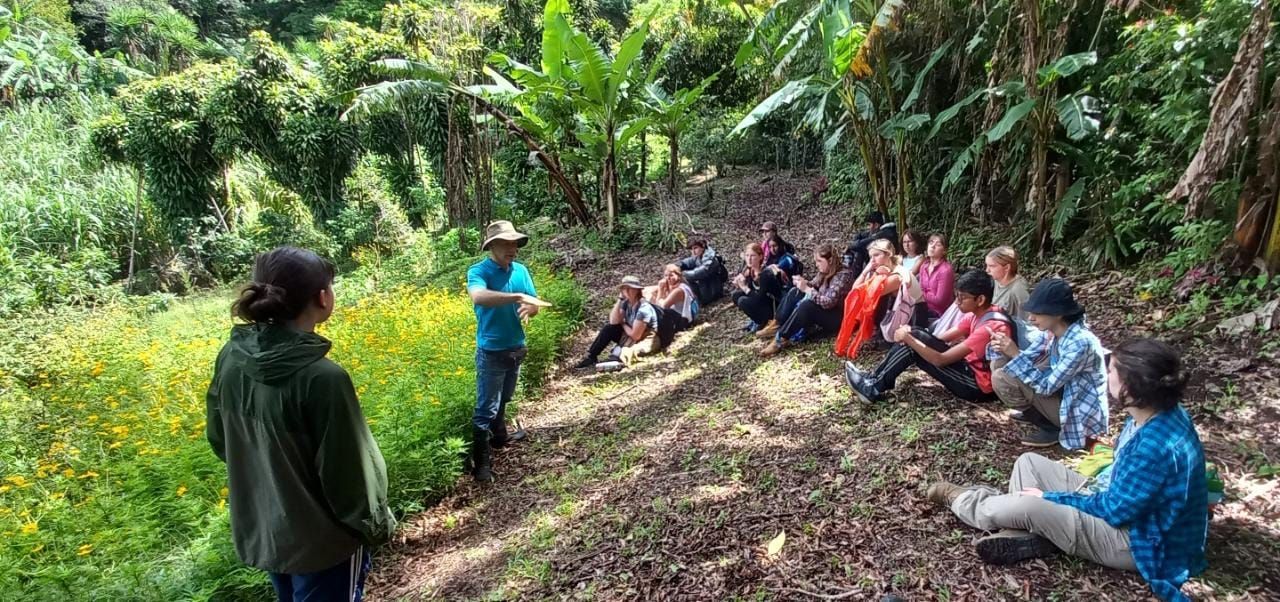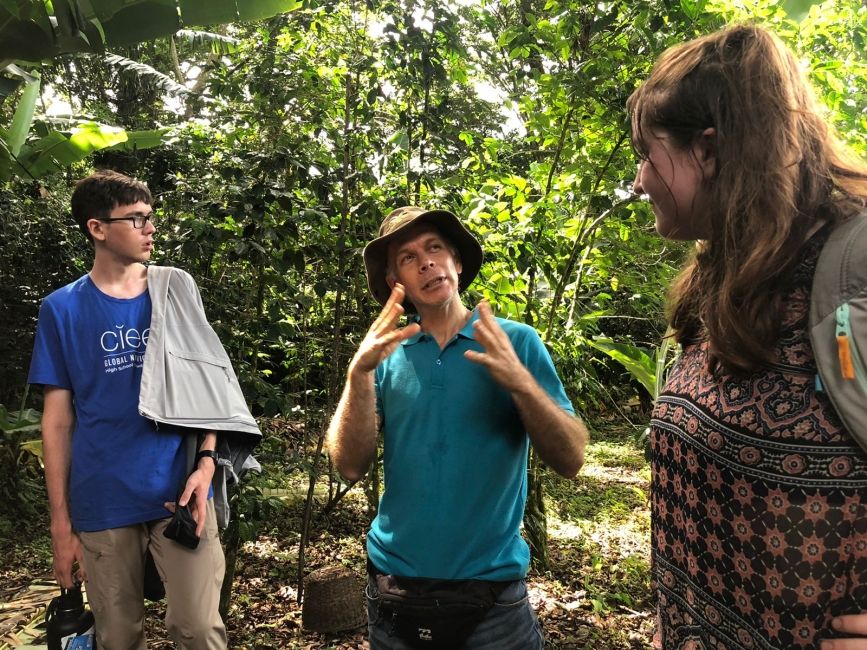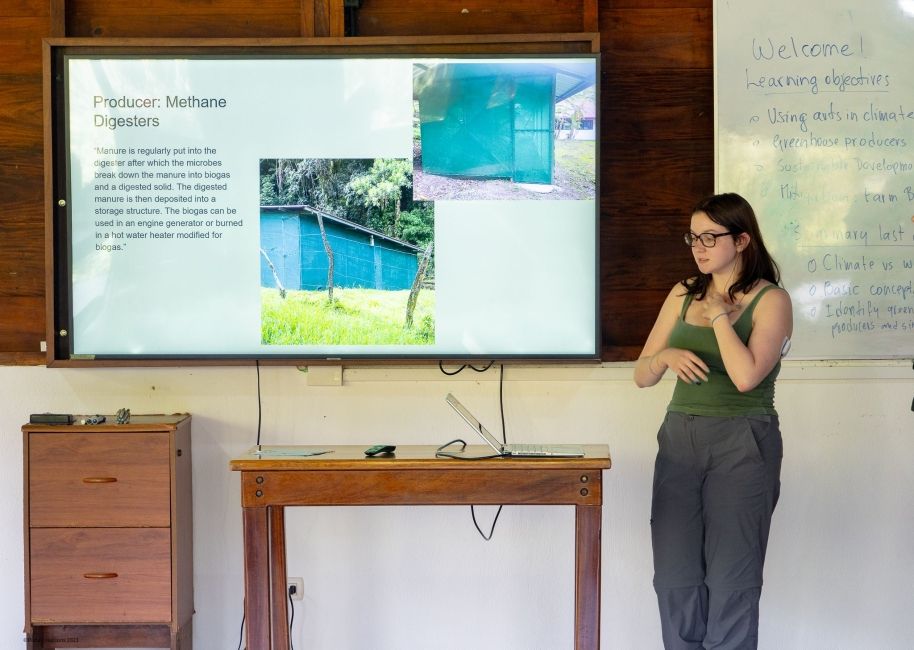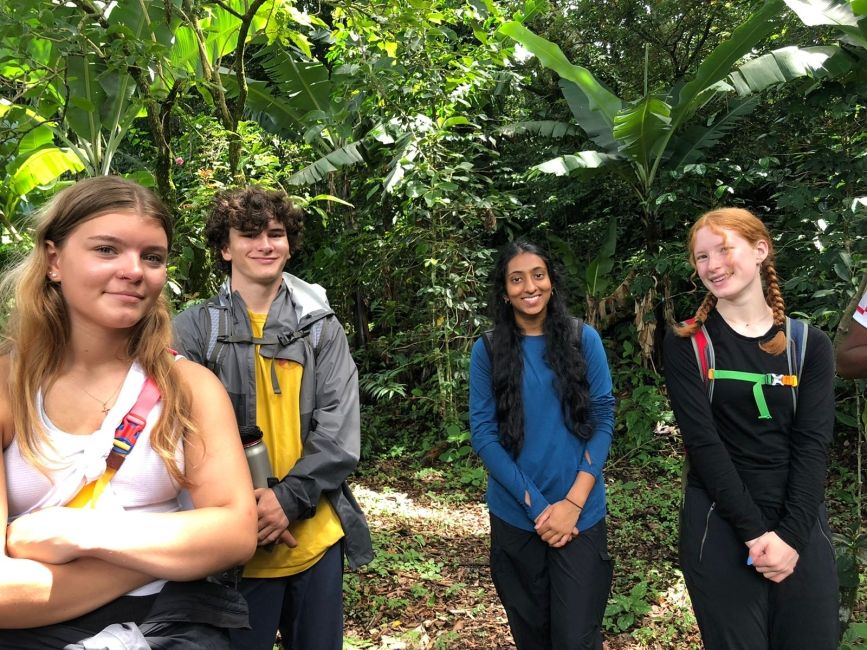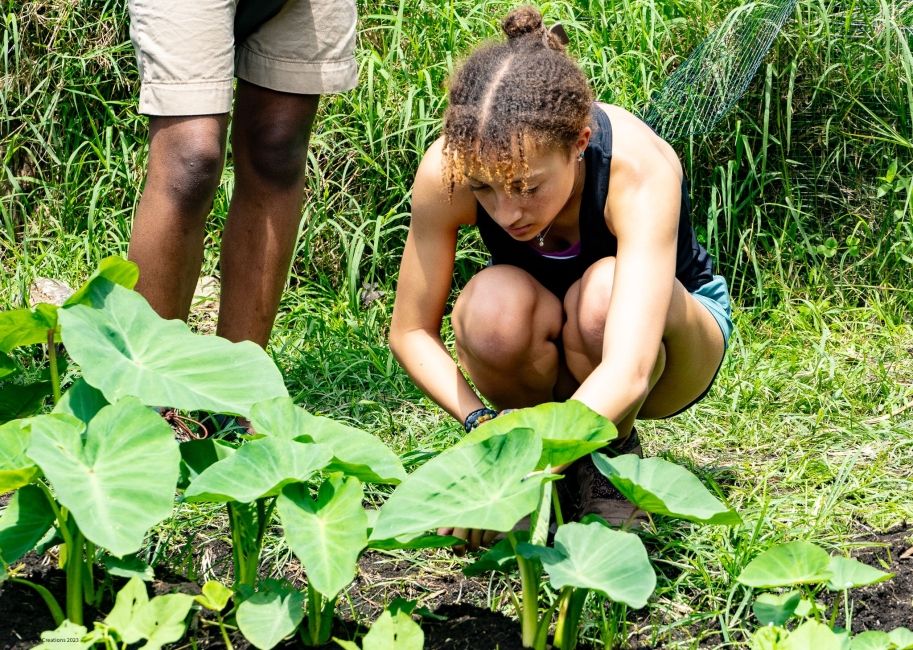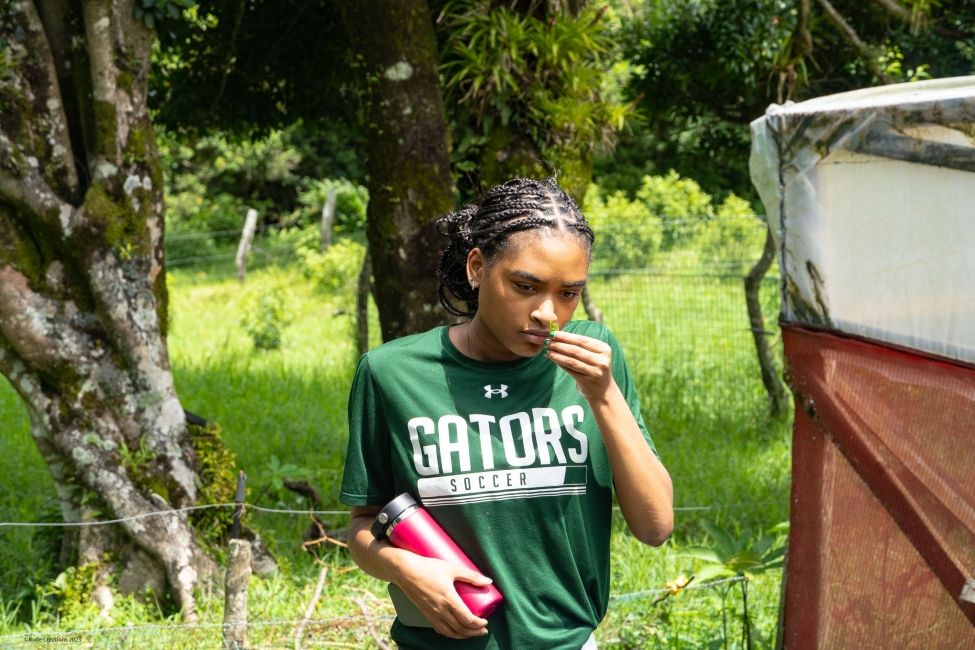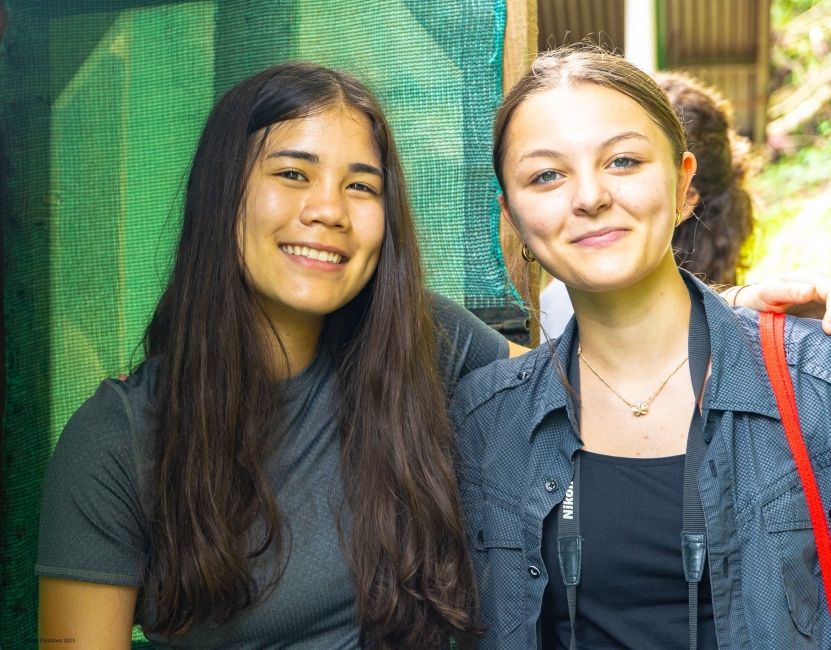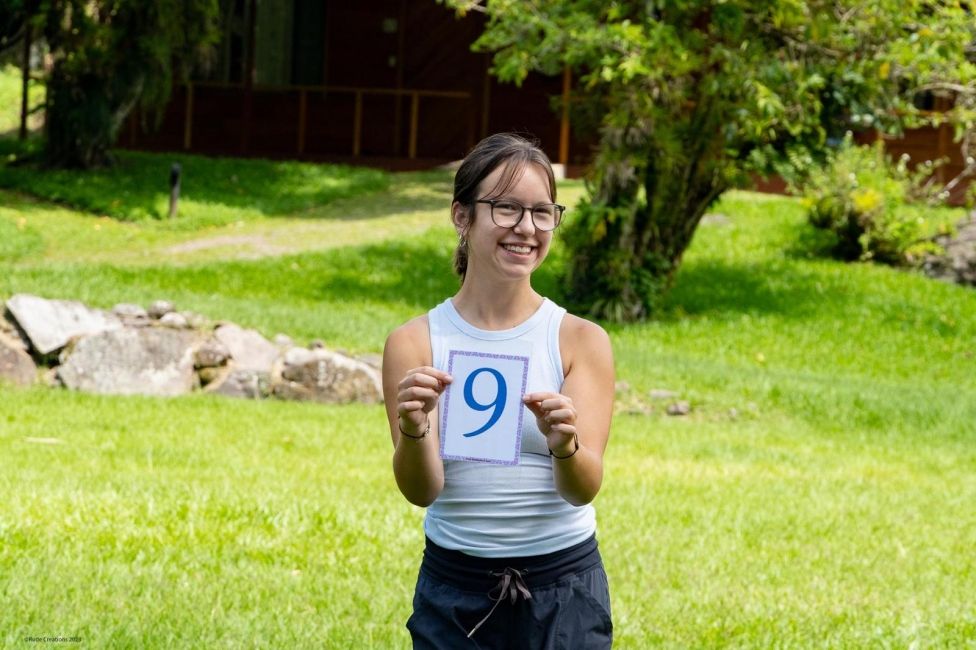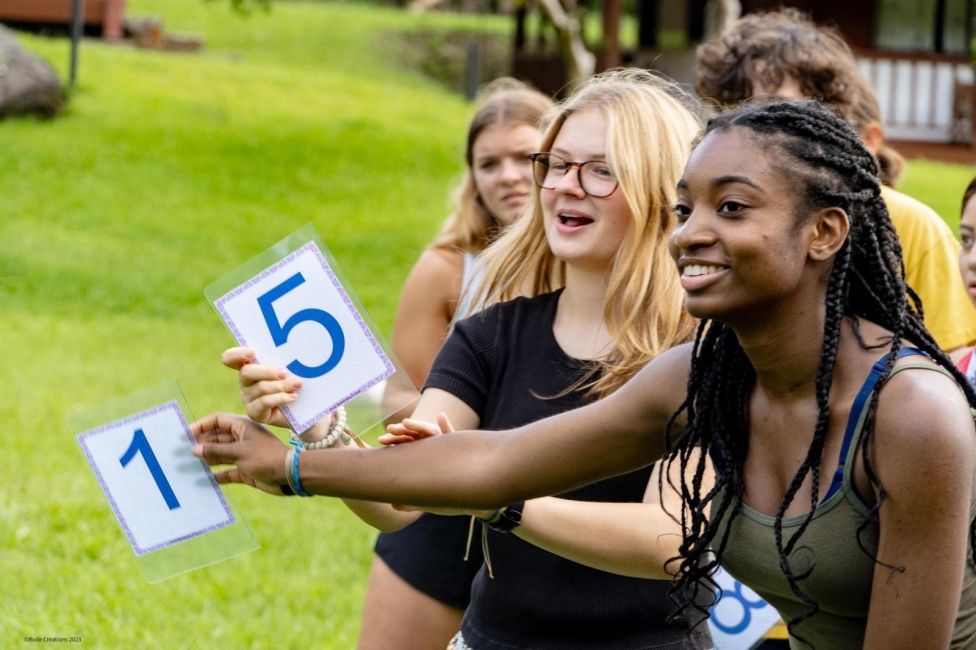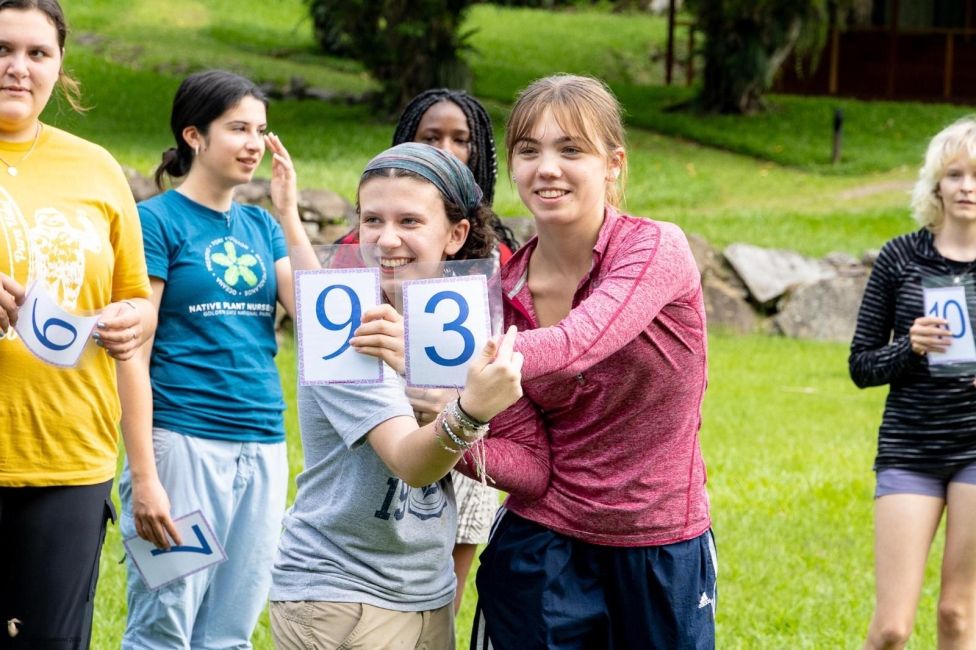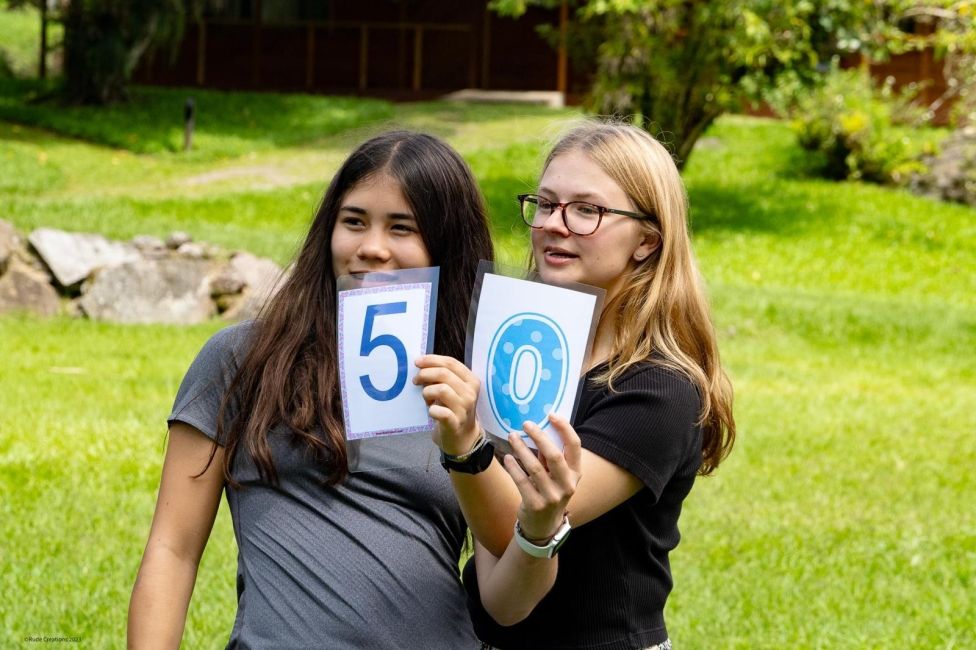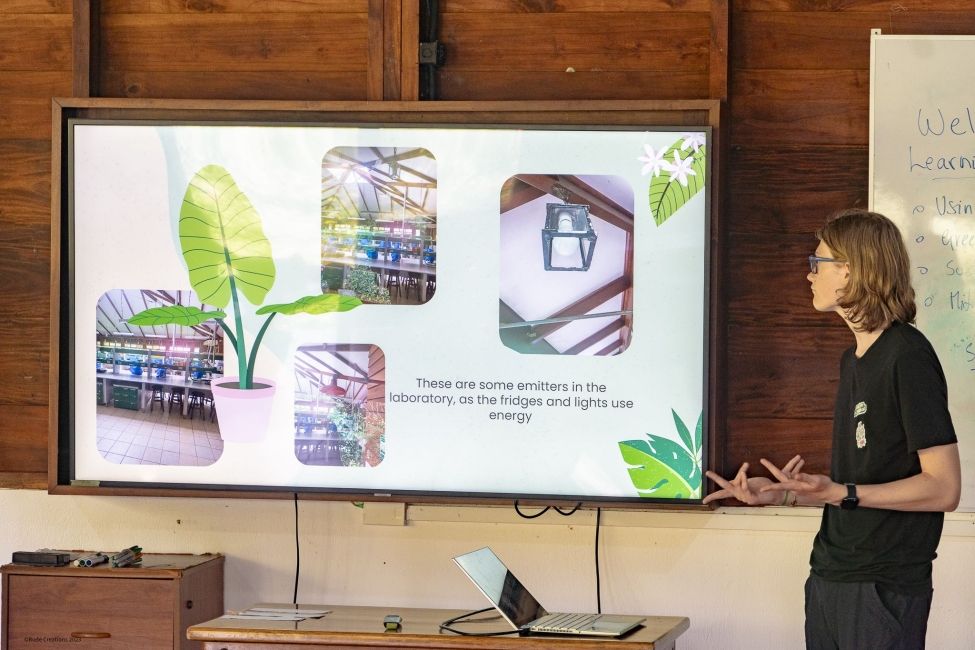Fun filled days!
At CIEE Monteverde an exciting and educational series of activities have taken place, focusing on three main themes: understanding carbon footprints, exploring subsistence farming, and learning Spanish. These diverse experiences have provided participants with valuable insights into sustainability, agriculture, and language proficiency, all while fostering an atmosphere of fun and interactive learning.
The participants began their journey by delving into the concept of carbon footprints. Through hands-on calculations, students gained an understanding of their personal carbon emissions, taking into account various aspects of their daily lives. The interactive nature of this activity allowed even those who were previously unfamiliar with greenhouse gas emissions to reflect on their individual impact and think critically about ways to reduce it. To deepen their knowledge, the students engaged in a scavenger hunt on campus, identifying sources of greenhouse gas emissions and exploring potential solutions.
A highlight of the program was a visit to a subsistence farm, where participants had the opportunity to witness firsthand the impacts of climate change on agricultural systems. Conversations with farmers shed light on the challenges they faced, as well as the adaptations they had made to mitigate the effects of climate change. Through observing various agricultural products and discussing the differences brought about by climate change, students gained a deeper understanding of the need for climate-smart farming practices. This experience empowered them to consider ways in which they could contribute to sustainable production systems and reduce their ecological footprint.
Simultaneously, students embarked on an engaging journey of Spanish language acquisition. The classes catered to different levels of proficiency, ensuring that each student had the opportunity to enhance their language skills. The interactive nature of the classes created a dynamic and enjoyable learning environment, motivating students to put forth their best effort. From beginners to advanced learners, students were actively involved in conversations, cultural exploration, and language practice, fostering fluency and appreciation for the Spanish language and culture.
Participants not only gained a deeper understanding of their environmental impact and the importance of sustainable practices but also witnessed the effects of climate change on agriculture and acquired valuable language skills. By providing a platform for learning and fun, the program empowered students to make informed choices, adapt to changing circumstances, and become well-rounded global citizens. The lasting impact of these experiences will undoubtedly shape their perspectives, actions, and contributions towards a more sustainable and culturally aware future.
Related Posts
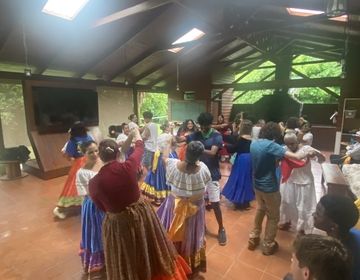
A Colorful Finale
For our last blog post, the incredible Rama Mansour crafted a fantastic summary of our final few days. Great job Rama! The last few days here in Monteverde have been... keep reading
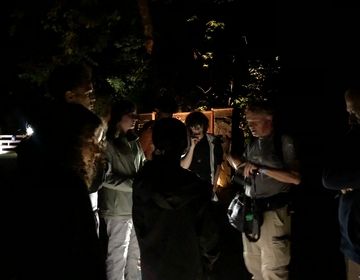
Unexpected Communication
This blog was written by Izaiah Smith. Izaiah is a global navigator that is flexible and is always up for a challenge. Whether that is learning Spanish or meeting new... keep reading
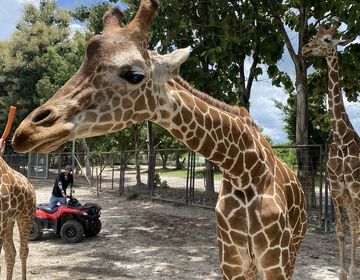
Tubing in Liberia!
Once again, one of our amazing Global Navigators took over the blog posting honor! Kayla Williams created a fantastic update from our weekend in Liberia. Here is what she had... keep reading
